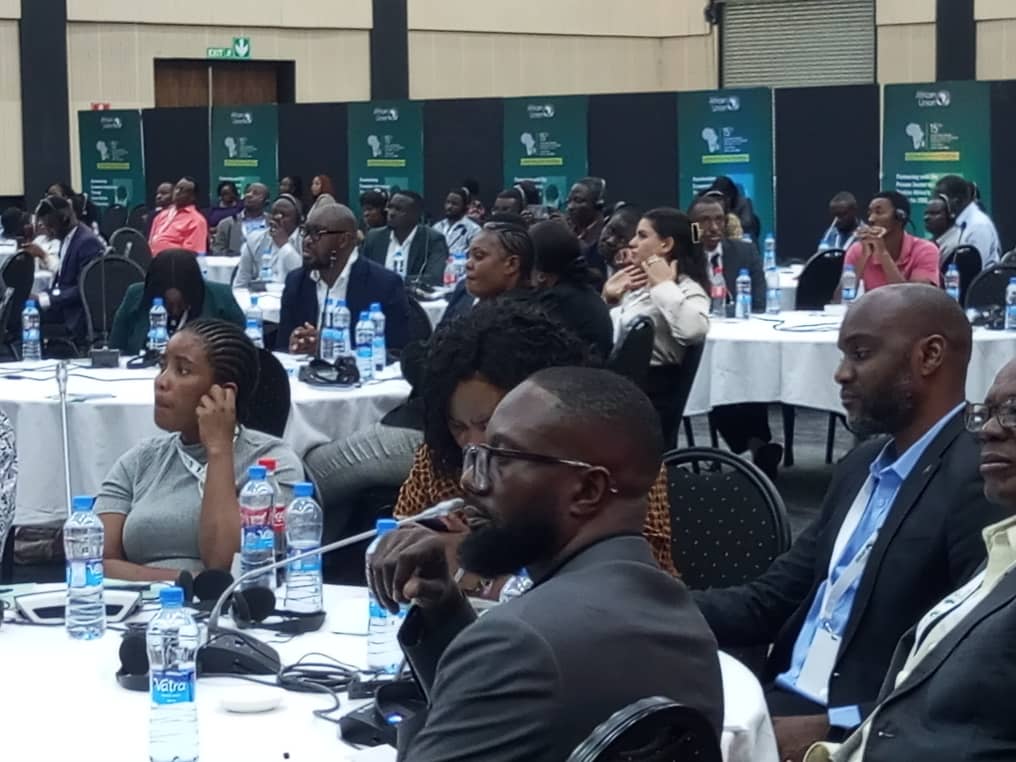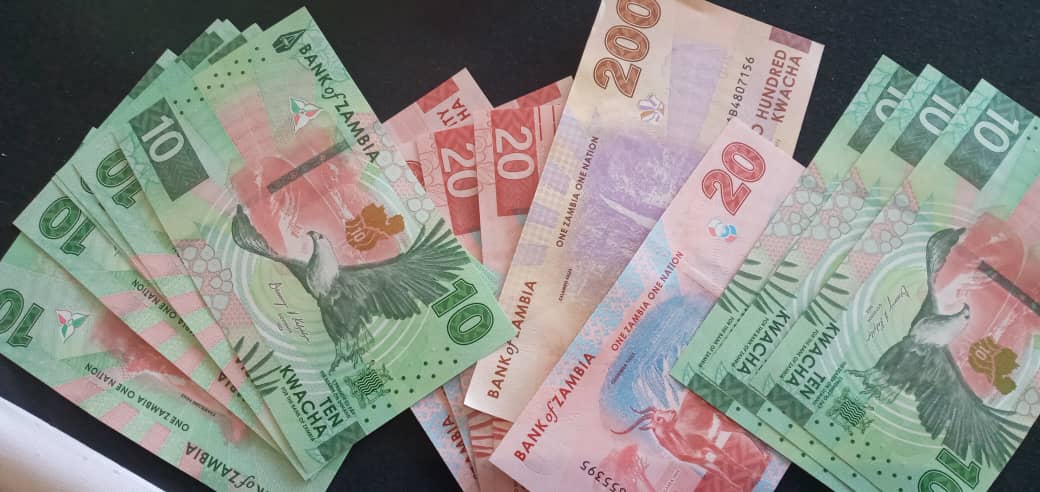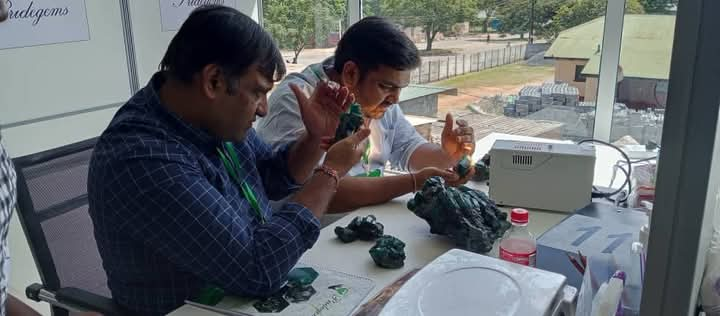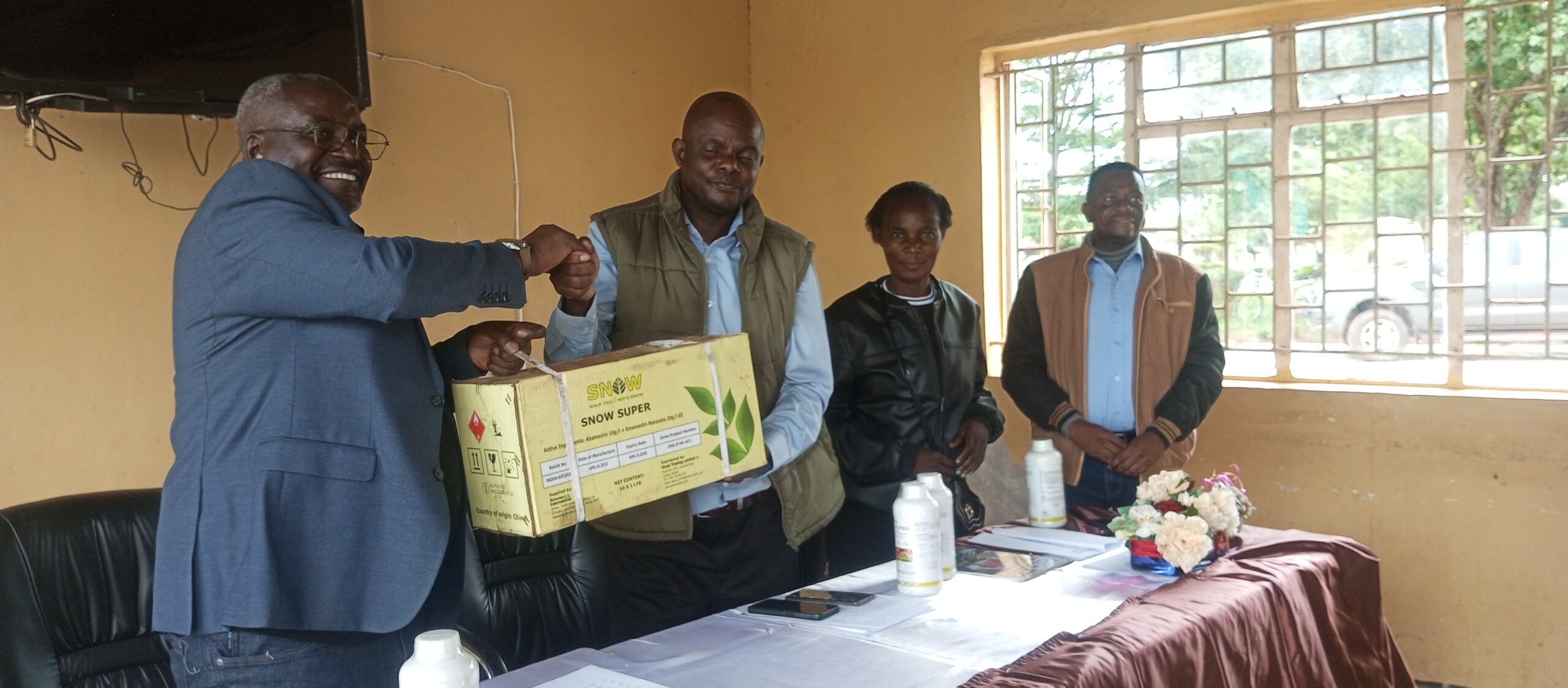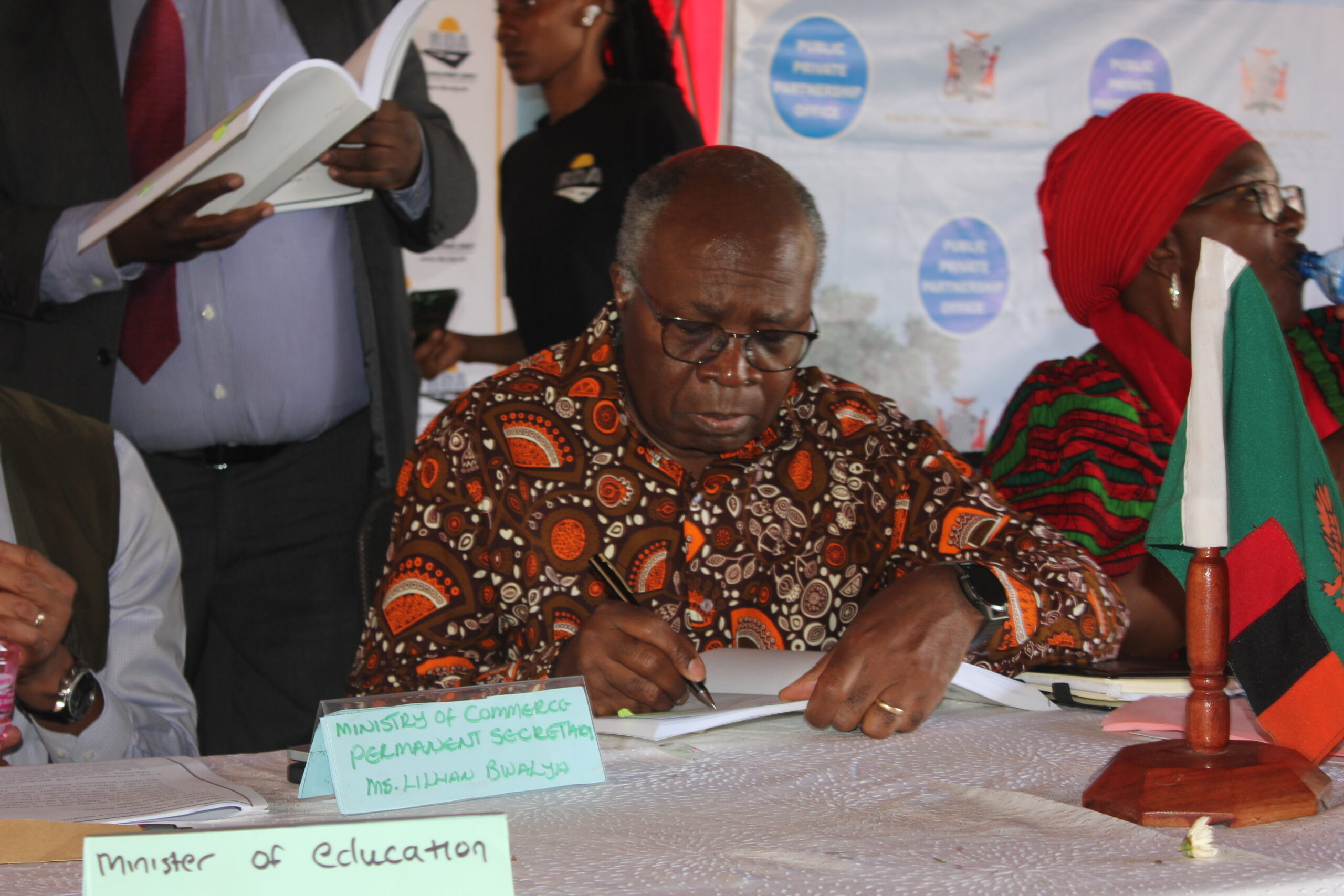By John Chola
This morning, the 15th African Union High-Level Private Sector Forum commenced in Lusaka, Zambia, bringing together leaders from government, finance, and business sectors across the continent under the theme “Unlocking Opportunities for Private Actors to Accelerate Intra-African Trade and Investments.”
Running from October 31 to November 2, the forum provides a collaborative platform for exploring new avenues to enhance intra-African trade, innovation, and economic resilience, with a particular focus on empowering the continent’s private sector.
The opening session, titled “Rerouting Africa’s Borrowing Towards Encouraging the Manufacturing Sector,” set the tone for the event by challenging traditional borrowing practices.
The first session looked at why historically, African nations have allocated much of their borrowed funds towards structural reforms and infrastructure for exporting raw materials.
The session emphasized the need to redirect these resources into developing manufacturing capacity, enabling Africa to export finished goods.
Case studies revealed from Cameroon, Nigeria, and Ghana underscored the gap between borrowing and meaningful industrial growth, as currently, only 35 percent of borrowed funds go towards project outcomes.
The forum proposed replicating models like the Dangote Petroleum Refinery, which could be applied to critical minerals and industries including electric vehicles, solar energy, and artificial intelligence.
In the energy sector, panelists in the finance session discussed innovative financing models to support Africa’s transition to green energy.
With financing currently dominated by multilateral banks, the forum highlighted opportunities to attract private investments through public-private partnerships, green climate bonds, and citizen-based bonds.
These financing tools are expected to unlock funding for renewable projects, including solar, wind, and hydro, enabling the continent to meet its energy needs sustainably.
The afternoon sessions explored how renewable energy technologies are key to universal energy access in Africa.
Proposals included tax incentives for renewable energy companies, research and development funds for technology innovation, and venture capital for renewable startups.
An Afreximbank presentation on the 2024 Africa CEO Survey and the 2025 Intra-African Trade Fair showcased the significant opportunities for African businesses to collaborate and trade within the continent.
Tomorrow’s sessions will address barriers to economic integration, with discussions focused on establishing a Single African Air Transport Market and enhancing the Free Movement Protocol to make intra-African travel more accessible.
The mineral sector will also be spotlighted, encouraging the private sector to take a leading role in transforming Africa’s critical minerals into finished goods, thereby creating jobs and strengthening economies.
The final day will emphasize digital transformation, with sessions on cryptocurrency, artificial intelligence, and interoperable payment systems. In an exciting pitch competition titled “Hunting for Africa’s Unicorns,” African startups will connect with investors to showcase innovations that could drive economic growth across various sectors.
With recommendations and strategies presented on the final day, the AU forum is expected to generate actionable outcomes to propel Africa’s industrialization, energy transition, and trade integration.




